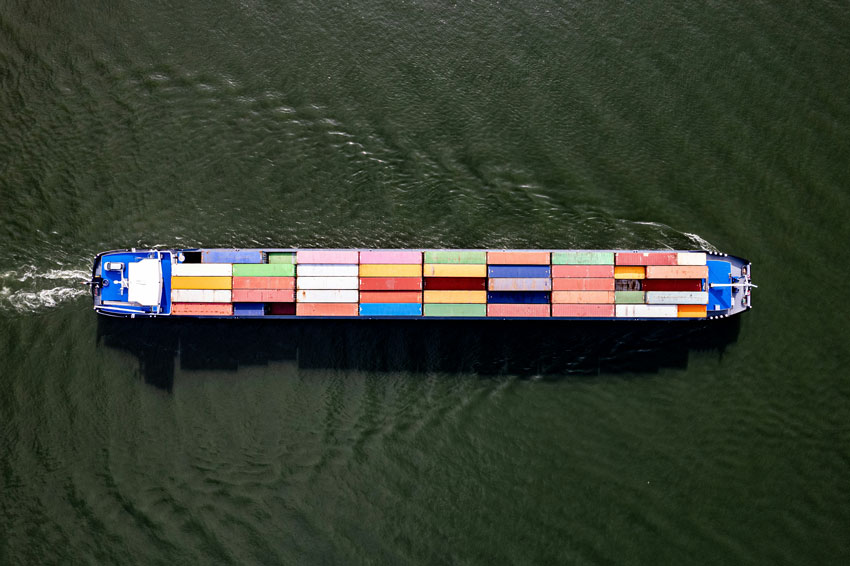Maritime security is a complex and multifaceted issue that encompasses a wide range of threats, including piracy, terrorism, illegal fishing, and maritime disputes. As the global economy becomes increasingly dependent on maritime trade and transportation, ensuring the safety and security of maritime routes and assets is paramount. This article examines the key challenges facing maritime security stakeholders and explores strategies for addressing these challenges in an evolving geopolitical landscape.
Piracy and Maritime Crime: Piracy remains a persistent threat in certain regions, particularly the Gulf of Aden, the Gulf of Guinea, and the South China Sea. Armed pirate attacks on commercial vessels, hijackings, and cargo thefts pose significant risks to maritime trade and the safety of seafarers. Addressing piracy requires a comprehensive approach, including coordinated naval patrols, intelligence sharing, capacity building in affected regions, and legal frameworks for prosecuting pirates and disrupting criminal networks.
Terrorism and Maritime Infrastructure: Maritime infrastructure, such as ports, terminals, and oil rigs, is vulnerable to terrorist attacks that can have devastating economic and environmental consequences. Terrorist organizations may target maritime assets to disrupt trade flows, cause economic instability, or inflict widespread damage and loss of life. Enhancing security measures at critical maritime facilities, implementing risk assessment protocols, and enhancing international cooperation in intelligence sharing and counterterrorism efforts are essential for mitigating these threats.
Illegal Fishing and Maritime Resource Depletion: Illegal, unreported, and unregulated (IUU) fishing pose significant challenges to maritime security and environmental sustainability. IUU fishing depletes fish stocks, undermines local livelihoods, and threatens marine ecosystems. Combatting IUU fishing requires robust enforcement measures, such as vessel monitoring systems, satellite surveillance, and international agreements to regulate fishing activities. Additionally, promoting sustainable fisheries management practices and supporting coastal communities’ access to alternative livelihoods are crucial for addressing the root causes of illegal fishing.
Maritime Border Disputes: Maritime border disputes, often driven by competing territorial claims and resource competition, pose geopolitical challenges and increase the risk of conflict in various regions. Tensions over exclusive economic zones, contested islands, and strategic waterways can escalate into diplomatic standoffs or military confrontations, threatening regional stability and international security. Diplomatic dialogue, confidence-building measures, and multilateral frameworks for dispute resolution are essential for peacefully managing maritime border disputes and preventing escalation.
Conclusion: In conclusion, maritime security is a multifaceted issue that requires a coordinated and collaborative approach from governments, international organizations, and maritime industry stakeholders. By addressing piracy, terrorism, illegal fishing, and maritime border disputes through concerted efforts in law enforcement, diplomacy, and capacity building, we can safeguard maritime trade routes, protect coastal communities, and preserve the integrity of the world’s oceans. As we navigate the complex challenges of maritime security, proactive engagement and cooperation are essential for ensuring a safer and more secure maritime environment for all.


